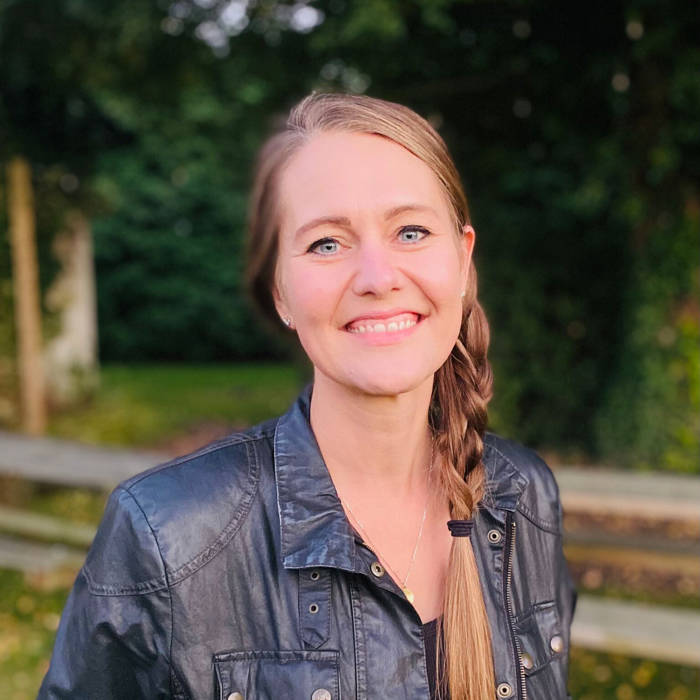Vocal Acoustics and Implications for Pedagogy
Thursday 15th May 2025, 7:00 PM - 9:00 PM (London Time)
Friday 16th May 2025, 7:00 PM - 9:00 PM (London Time)
Many voice teachers have a firm grasp on the anatomy and physiology of voice production. However, voice acoustics still mystifies much of the singing and teaching population, and for those who do have a working understanding of the scientific principles, applying this knowledge in teaching remains difficult. These two sessions are designed to meet the needs of both groups of teachers, exploring essential elements of singing voice acoustics across multiple genres. The course will be structured so that attendees not only understand the scientific principles of acoustics as they relate to singing voice production, but also understand the practical, “how can I apply this information in an actionable way in my teaching” usage of acoustics.
This “principles first, application immediately afterward” approach will be built into the structure of the course. In a systematic and cyclical fashion, topics will be introduced, the scientific underpinnings will be discussed (answering the question, “what do I need to know”), the relevance of the science to teaching will be described (answering “why should I bother to learn this?”), and application of the science to voice teaching (answering “how will I use this in my teaching?”) will follow before moving on to the next topic. Suggestions will be given on designing voice exercises, developing corrective techniques, and assigning/coaching repertoire. Topics will be sequenced from the general to the more specific level. Care will be taken to consider application options for multiple genres of singing. Ample time will be left for questions during the two sessions.
Professor Nix, the instructor for the course, has been a university pedagogy professor for 20 years as well as an active researcher, and he will bring his extensive experience in relating science to pedagogy to the VSC course.
This is a two part course!
Course Dates & Times:
Thursday 15th May 2025
Friday 16th May 2025
Both at 7:00 pm - 9:00 pm
Professor John Nix
John Nix is Professor of Voice and Voice Pedagogy and chair of the voice area at the University of Texas at San Antonio. His mentors include Barbara Doscher...
Sorry, this is an archived short course...
We have plenty of upcoming short courses coming soon. See details of some of them below or look at the full list of short courses.

Monday 7th July 2025
2:00 PM - 4:00 PM
Tuesday 8th July 2025
2:00 PM - 4:00 PM
Wednesday 9th July 2025
2:00 PM - 4:00 PM
Friday 11th July 2025
2:00 PM - 4:00 PM
Monday 14th July 2025
2:00 PM - 4:00 PM
Tuesday 15th July 2025
2:00 PM - 4:00 PM
Wednesday 16th July 2025
2:00 PM - 4:00 PM
Friday 18th July 2025
2:00 PM - 4:00 PM
(London Time)
Introduction to statistics and working with quantitative data for Voice Professionals: 8-Session Online Bootcamp

Dr David Cane
This certificated statistics course is ideal for individuals interested in laying a solid foundation in quantitative research methods. By focusing on essential statistical principles, you will be equipped with the tools to understand and apply quantitative research techniques effectively. Statistics is a crucial component of quantitative research; mastering it will enable you to grasp quantitative methods more confidently and precisely.


Tuesday 8th July 2025
12:00 PM - 2:00 PM
(London Time)
Oxygen Advantage for Vocal Educators • Empowering Vocalists Through Breath

Kate Cubley
Are you a singing teacher or trainee voice educator eager to expand your toolkit? Join Kate Cubley at Voice Study Centre for a dynamic 2-hour lecture exploring the role of functional breathing in supporting vocal performance, vocal health, and resilience—for both you and your students. This engaging session introduces the Oxygen Advantage® method: a science-backed approach to breathing that can transform how you teach, coach, and care for the voice.


Wednesday 9th July 2025
2:00 PM - 4:00 PM
(London Time)
Accents in Musical Theatre Singing!

Colton Weiss
Colton Weiss (he/they) is a professional dialect coach, actor, and lecturer (Ohio State Univ.) based out of Columbus, Ohio. With the continued popularity and development of productions that call for more demanding voice, speech, and accent work, dialect coaches, music directors, and actors must collaborate across jobs. Inspired from the text, Voice and Speech for Musical Theatre by Chris Palmer, and ongoing production experience, this presentation by Colton explores the intersections of accent work, and the musical skills needed for actors to perform in Musical Theatre.
